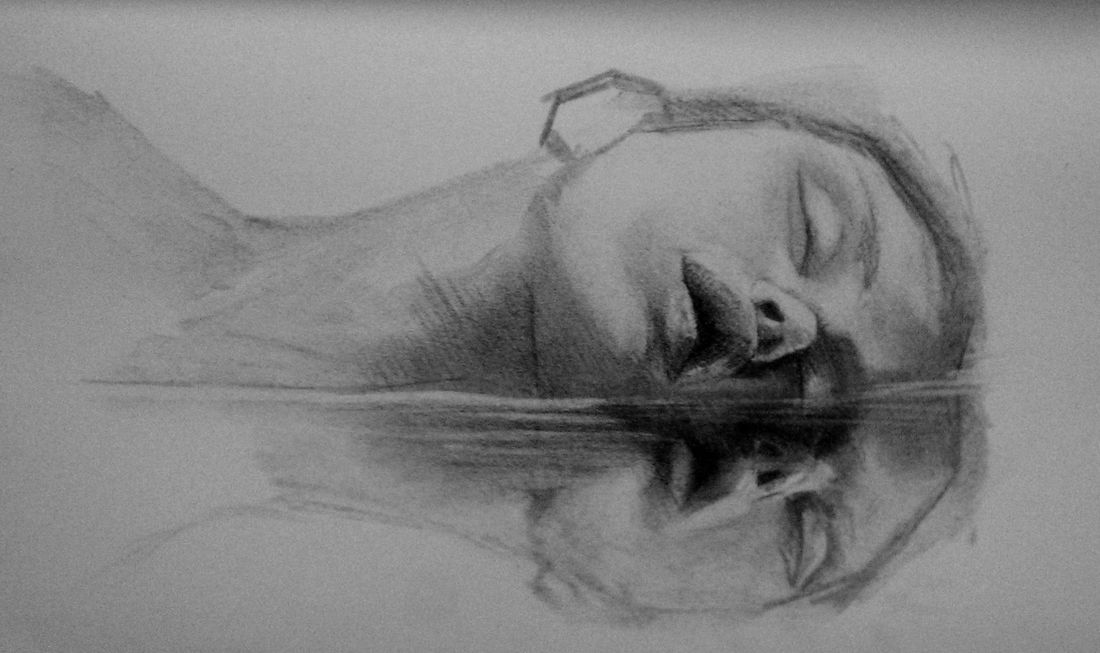Thanks to all who submitted abstracts.
Paper proposals have been reviewed and applicants notified of the outcome of the selection process .
Paper proposals have been reviewed and applicants notified of the outcome of the selection process .

The study of the classical past is currently experiencing a spatial and sensory turn, affecting the work of classicists, classical archaeologists, ancient philosophers and historians alike. Despite the growing number of ideas and approaches developed by individual specialists, so far the attempts to develop an interdisciplinary conversation on the matter have been limited. The aim of this conference is therefore to bring together scholars from a variety of disciplines and to create a lively and challenging setting for discussion of new methodological approaches to ancient senses.
The conference will be divided into four sessions, each focused on specific aspects of ancient senses and their study:
- (i) ‘Sensing the world’ will explore some of the theories of sense-perception put forward in antiquity. The emphasis will be placed on some of the epistemological issues that follow from the different ways in which ancient philosophers explained the relation between the perceiver and the external world, e.g. on the kind of knowledge we acquire through our senses, and the phenomenon of misperception.
- (ii) ‘Sensing ruins’ will explore the possibilities offered by sensorial approaches to the study of material culture in classical antiquity. We invite contributions engaging with all the aspects of the physicality of the ancient world and its reception and welcome proposals which seek to present the material in a sensorially engaging and non-traditional way.
- (iii) ‘Sensing the body’ will investigate the involvement of the senses in ancient beliefs and theories about disease and the body. This session will be particularly devoted to exploring the connections between literature, medicine and philosophy in the Greco-Roman world, by focusing on their relations with the senses and the human body.
- (iv) ‘Sensing beauty’ will broaden the discussion, debating the role of the senses in early aesthetic theory. While encouraging contributions on traditional themes, e.g. mimesis and the sublime, the organisers will give priority to papers that focus specifically on the role of sensorial perception in the theorising of beauty in antiquity, and on how the ‘sensorial turn’ in classical scholarship can deepen our understanding of the early philosophical engagement with beauty and art.
*We aim to publish the results as an edited volume in the Mind Association Occasional Series published by Oxford University Press. Speakers will present preliminary versions of articles to be published in the conference volume.
Submission Guidelines
We especially encourage academics in the early stages of their career to apply (including final-year PhD students), but also welcome proposals from established academics. Applicants are kindly invited to submit the following documents:
We especially encourage academics in the early stages of their career to apply (including final-year PhD students), but also welcome proposals from established academics. Applicants are kindly invited to submit the following documents:
|
Deadlines: Proposals should be sent to the organisers ([email protected]) by 21 September 2018, 11:59pm. Selected applicants will be contacted by 1 October 2018 and will be expected to send a draft of their papers to circulate among speakers and attendees by 15 November 2018.
A limited number of bursaries will be available for selected speakers to cover part of their expenses, but we encourage them to apply for bursaries from their home institutions. Further details will be given at a later stage. The registration fee will be 25£ (covering welcome reception, coffee and lunches), and 15£ for graduate students.
The conference is made possible thanks to the generous support from the Mind Association, the Institute of Classical Studies, and the Classical Association.
Please do not hesitate to contact the organisers with any queries at [email protected]
A limited number of bursaries will be available for selected speakers to cover part of their expenses, but we encourage them to apply for bursaries from their home institutions. Further details will be given at a later stage. The registration fee will be 25£ (covering welcome reception, coffee and lunches), and 15£ for graduate students.
The conference is made possible thanks to the generous support from the Mind Association, the Institute of Classical Studies, and the Classical Association.
Please do not hesitate to contact the organisers with any queries at [email protected]

